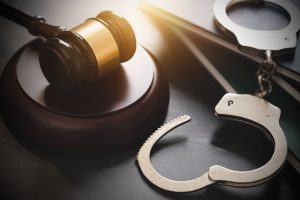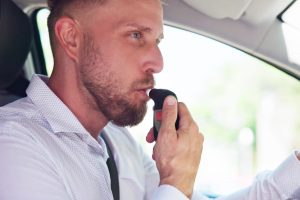In today’s digital age, technology plays a significant role in legal proceedings, including domestic violence cases. Digital forensics is the process of uncovering and interpreting electronic data. It’s become crucial to evidence-gathering in Florida criminal cases. 
As a Fort Lauderdale domestic violence lawyers, we recognize it’s important for defendants to recognize how digital forensics can impact their case. We also know DV cases in particular tend to deal with a lot of sensitive information. Florida sunshine laws mean that your case is a matter of public record. That said, we’re diligent in helping clients protect their privacy in these matters as much as possible.
The Role of Digital Forensics in Domestic Violence Cases
Digital forensics is the fancy term we use to describe collecting, preserving, analyzing and presenting digital evidence from varying electronic devices and online platforms. In domestic violence cases, this evidence may include:
- Text messages and emails (communications scrutinized for evidence of harassment, abusive language or threats).
- Social media posts (comments, posts, photos, messages that may provide insight into relationship dynamics or provide proof of alleged instances of abuse or threats).
- Phone records and call logs (establish patterns of communication and corroborate or refute claims made by either party).
- GPS data (location to verify a person’s location, presence/absence at certain places and times, etc.).
- Audio and video recordings (capture alleged incidents or alleged abuse or interactions between parties).
Courts can subpoena this information, of course, but you don’t have to make it easy for prosecutors to build a case against you. Do your best to secure your devices and accounts with strong passwords. Regularly update your privacy settings. Backup sensitive data and use encrypted communication channels. Your communications could still end up in court, but these measures could potentially lessen that likelihood.
 Fort Lauderdale Criminal Attorney Blog
Fort Lauderdale Criminal Attorney Blog












